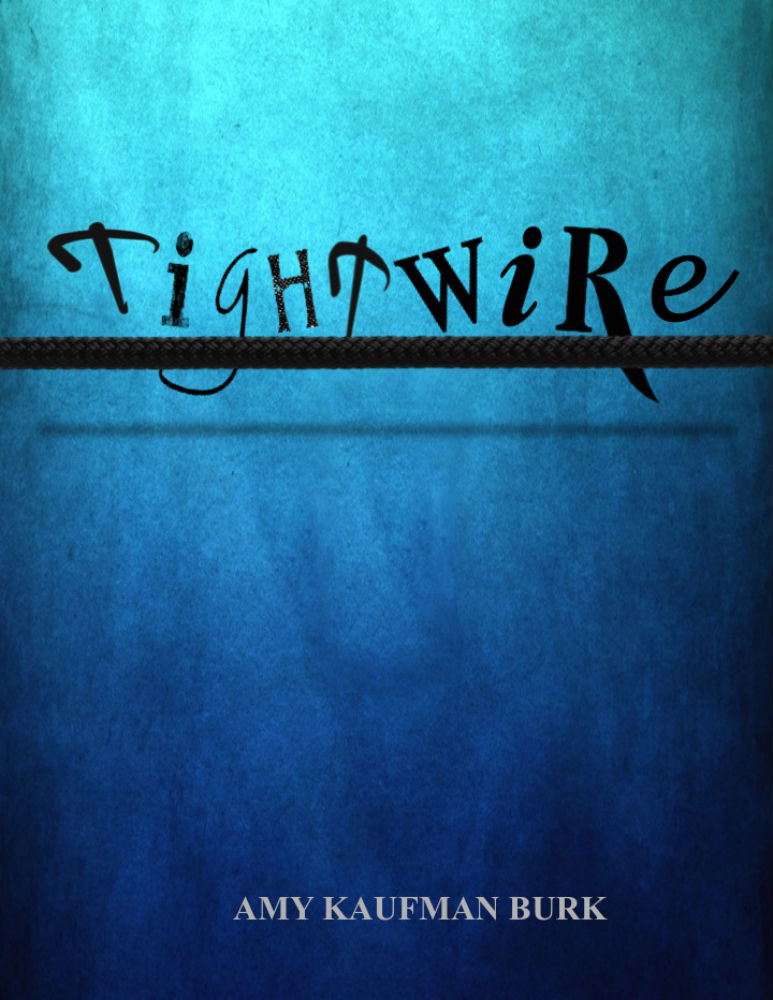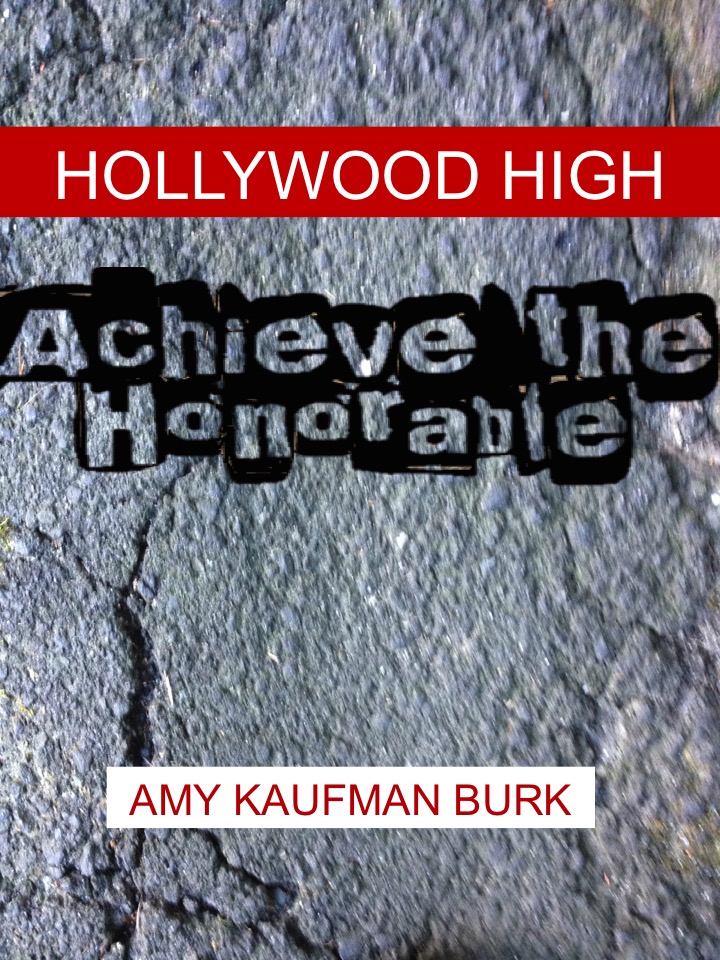From the early 1980s until the early 1990s, my husband and I lived in San Francisco, in a wonderful Victorian cottage near Castro Street. Our little home had the original stained glass window (slightly cracked), a wacky off-kilter cabinet built into the dining room, and no closets. The previous owner had constructed (without a permit) a rickety sunroom where I read articles and wrote papers. I loved every inch of our tiny piece of San Francisco’s architectural history.
When I stepped into that house, I was in my twenties, entering young adulthood. I shopped at the corner market, a family-owned store the size of our living room. I learned the precise time to show up, just as the baguettes were delivered, still steaming warm in their wrappings. I walked two blocks to a bakery with the finest Irish soda bread I’d ever tasted, a family recipe handed down through generations. Our next door neighbors were an older couple, and we spoke regularly over the picket fence dividing our property, tending our gardens in the San Francisco fog. As I shouldered my way through the ups and downs of psychology grad school, my neighborhood was my sanctuary and I loved my new community.
I also loved Castro Street.
When I had a free hour or two, when I needed to settle down after a monstrous exam, when I wanted to think through a term paper — I’d walk over and explore. The Castro was an area where gay men could stroll holding hands, not needing to pretend they were strangers when they had lived together for years. It was also an area where a woman could walk alone, safe and comfortable.
One day I found myself on a vibrant block, standing in front of Harvey Milk’s camera store. The Mayor of Castro Street was no longer alive, but his heartbeat was strangely present. I turned still. I breathed deeply, reached out, gently touched the storefront. I realized tears were in my eyes and gave myself a mental shake. Crying in public wasn’t on my color wheel.
I was suddenly aware that a man was standing next to me. He reached out slowly, careful not to startle me, and put his hand on the building next to mine. His hand was large, the color of light caramel. His fingers were long and bony, with a few stray dark hairs. His nails were clipped short. I looked up at him and saw tears in his eyes as well. He said simply, “I’m with you.”
We stood side by side, looking at our two hands. For just an instant our hands clasped. We smiled quietly and continued walking in opposite directions. I never saw him again.
Today, decades later, the foundation of my homeland is under attack as we try to maintain our grip on the truths we thought were self evident. LGBTQ+ history now includes Don’t Say Gay, banned books, gender-affirming care blocked, a gag order on discussing same-sex parents in schools, bullying that too many people encourage and enable.
Sometimes the hatred and rage feel insurmountable.
Then I think of Harvey Milk — charismatic, courageous, a trailblazer. He also had a temper, and he’d be furious if I allowed myself to buckle. People’s voices have been taken away, their basic rights denied. So I’m writing my voice.
Going forward, I’ll hold close to my heart, tightly in my open hand, Harvey Milk’s legacy. I’ll remember the proud, harsh, enriched, brutal, beautiful history of the LGBTQ+ community. When I feel overwhelmed, I’ll think of standing outside a modest camera store on Castro Street, of a man’s hand next to mine, two strangers clasping hands in solidarity. I’ll remember the exact timbre of his voice when he said to me, “I’m with you.”
And I’m with you.
*This was first published on Medium, by Prism & Pen.


